More than a million distinct insect species have been meticulously documented to date. Dominating the world as the most populous animal category, they live in almost every conceivable habitat. Insects have lived on Earth for a remarkable period of over 350 million years. The field of entomology plays an important role in unraveling the complexities of human health, agriculture, evolutionary dynamics, ecological balance and biodiversity conservation.
Table of Contents
ToggleWhy are insects Important?
Pollination and food production
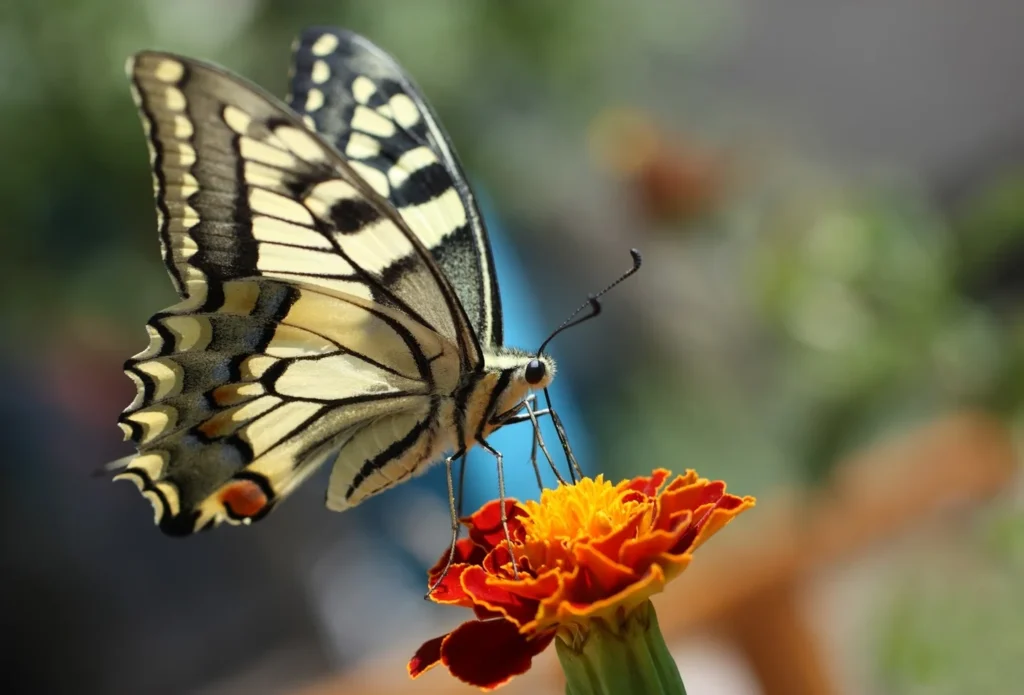
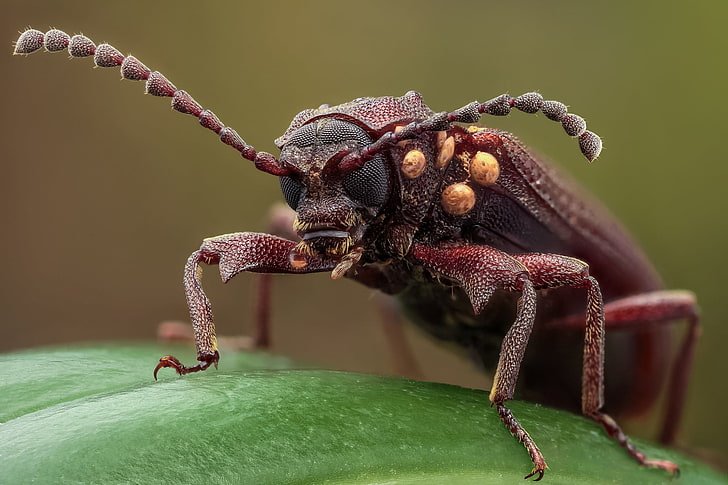
Biological control of more harmful insects
Animal feed

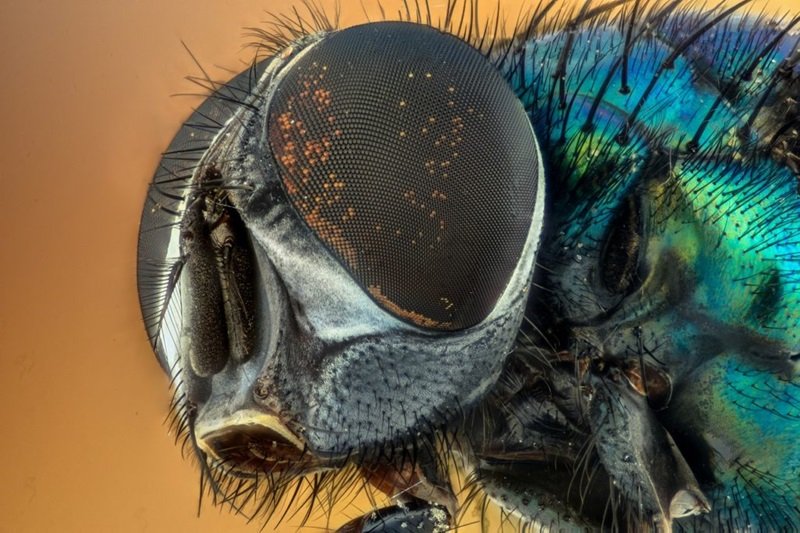
Recycling and waste clearance
Insect protein
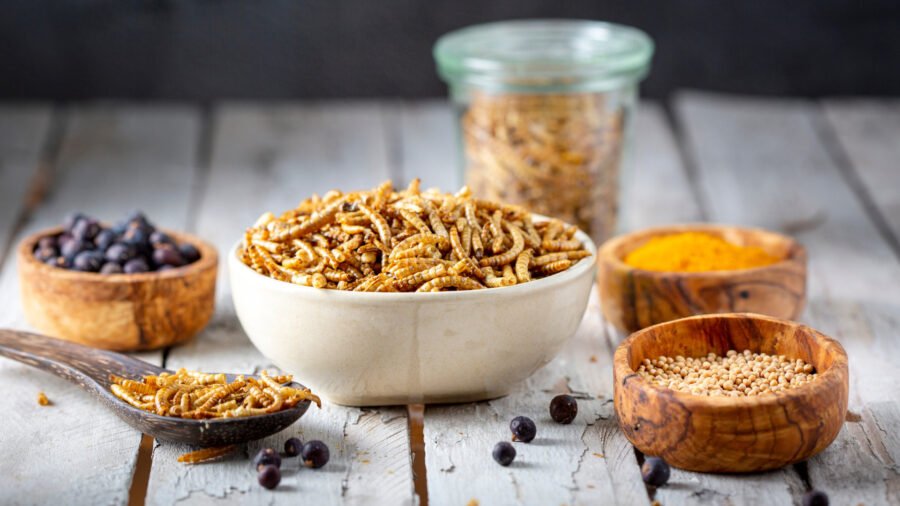
Entomologists are people who study insects, either as a profession, as a hobby, or both.
Entomologists include individuals who devote themselves to the study of insects, either as a chosen profession, as a passionate hobbyist, or sometimes both simultaneously.
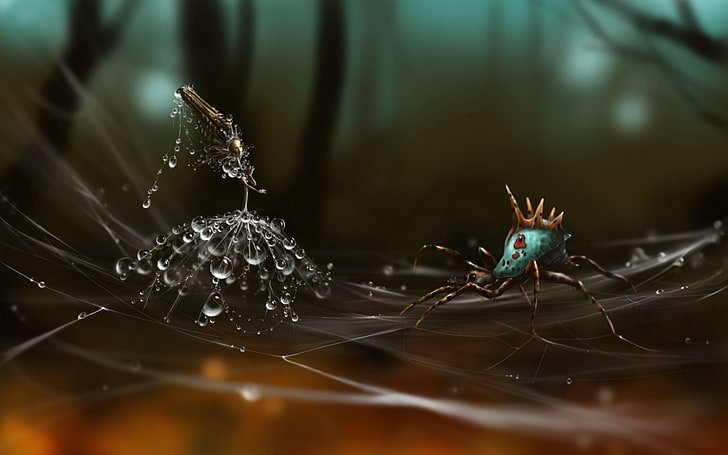
Why should we study insects?
2. With a history spanning 350 million years, insects provide innovative solutions to scientific challenges, inspiring breakthroughs in materials science and chemistry.
3. Insect research allows for global exploration, these animals are found on every continent and even in Antarctica.

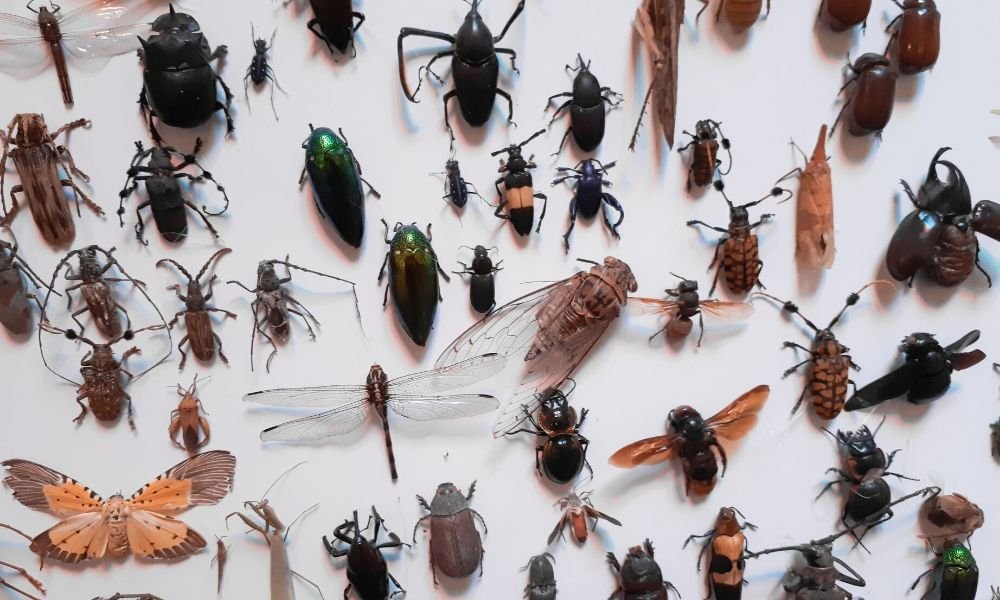


Pingback: what are insects? - PEST MASTER SOLUTION